We are fortunate to have these talented Post Docs and students working on the CASES Partnership project! Read their bios below.
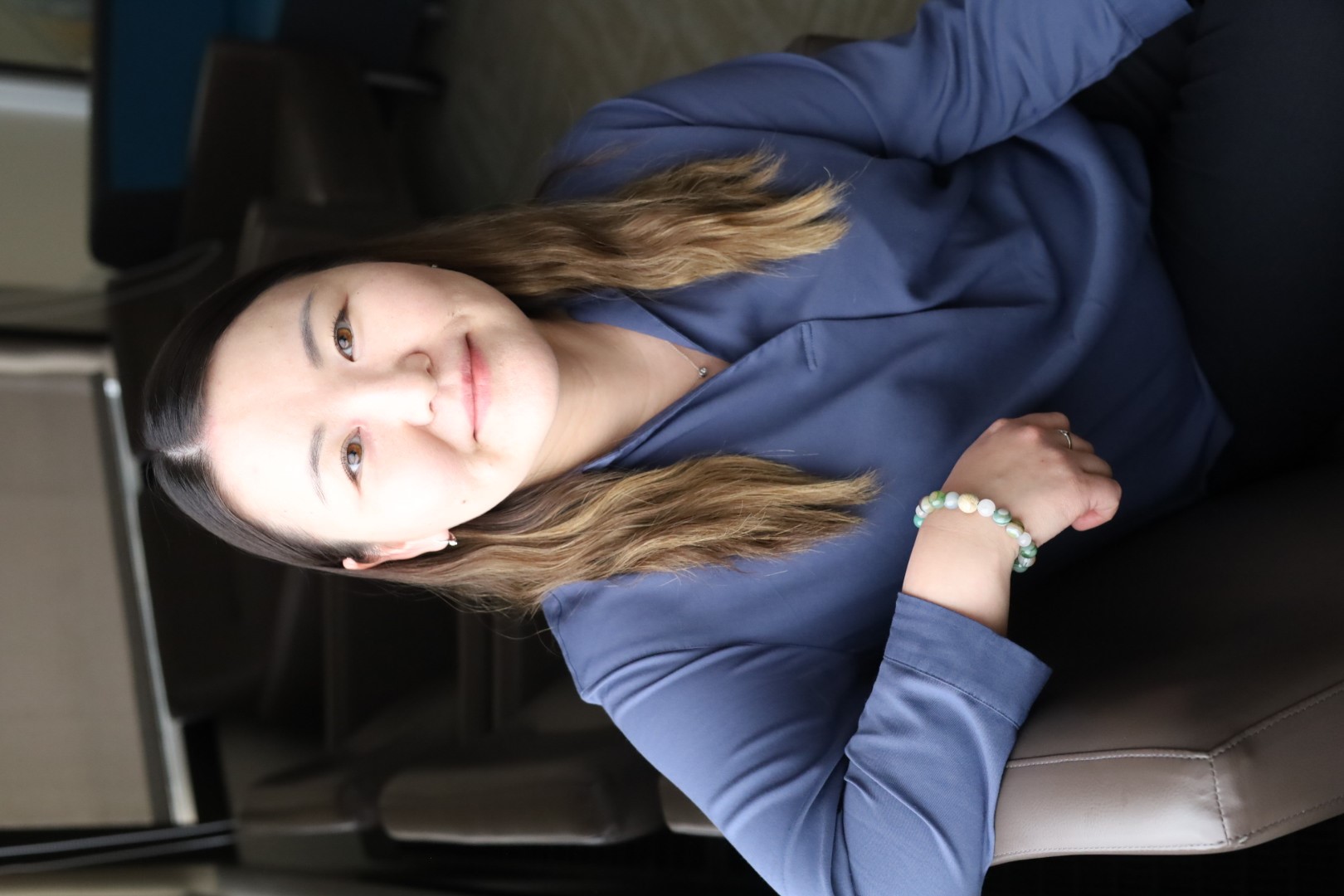
Mariia Iakovleva is a Postdoctoral Fellow conducting research related to policy and regulatory issues in energy transitions in the Circumpolar North, including Canada, Alaska, and Russia, specifically on Small and Micro Modular Nuclear Reactors and Renewable Energy. Mariia is Sakha (Yakut), an Indigenous group from the northeastern region of Yakutia, Siberia. Her background impacted her research interests including interest in energy security for northern, remote and Indigenous communities. Mariia has a background in Circumpolar and Indigenous studies and Sustainable Territorial Development of the Arctic. She gained her Bachelor’s degree in English philology from the Northeastern Federal University in Russia, her Master's degree in Arctic studies from the University of Versailles (Saint-Quentin-en-Yvelines) in France and a second Master’s in Northern Governance and Development from the University of Saskatchewan. She also has experience working for the regional government of Yakutia in the area of scientific and innovation project development.
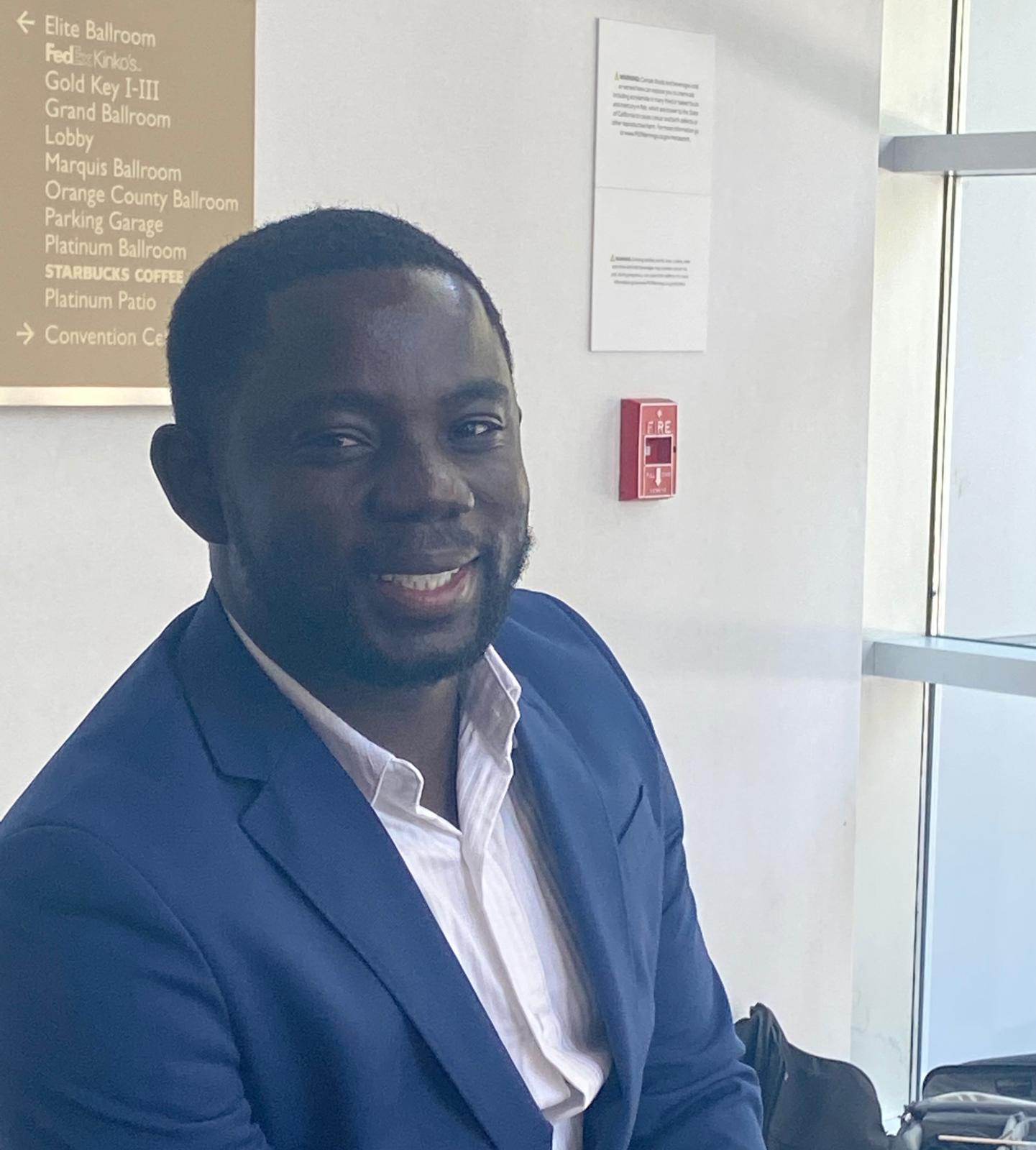
Eugene Adjei is a resource economist with a background in natural resource management, encompassing about a decade of experience. His expertise lies in employing contemporary methodologies to assess sustainable development issues and effectively translating his research findings into accessible policy instruments. Eugene is currently engaged in pioneering research on renewable energy adoption and its transitional effects on the well-being of indigenous communities in Canada and the Arctic regions. This project is designed to comprehend how these communities can access, adopt, and integrate renewable energy sources to enhance their quality of life. Notably, this initiative aims to balance improving living standards and preserving these indigenous communities' economic activities and cultural identities. Eugene has served as a natural resource specialist at the Ghana Forestry Commission. Additionally, he has collaborated with various international development agencies to develop sustainable programs to conserve natural resources. Eugene holds a Ph.D. in Applied Economics from Auburn University, specializing in Econometrics and Quantitative Economics. He also possesses a master's degree in Natural Resources with a minor in Statistics, acquired from the same institution. Furthermore, he holds a graduate studies certificate from the University of Arizona. His earlier academic achievements include an undergraduate degree in Natural Resources Management and a Master of Science in Economics, both obtained from Kwame Nkrumah University of Science and Technology (KNUST). In addition to his research and academic pursuits, Eugene serves as an adjunct faculty member at Tuskegee University, where he teaches graduate-level macroeconomics. Eugene has recently joined the academic community at MUST and CASES, commencing his role in October 2023.
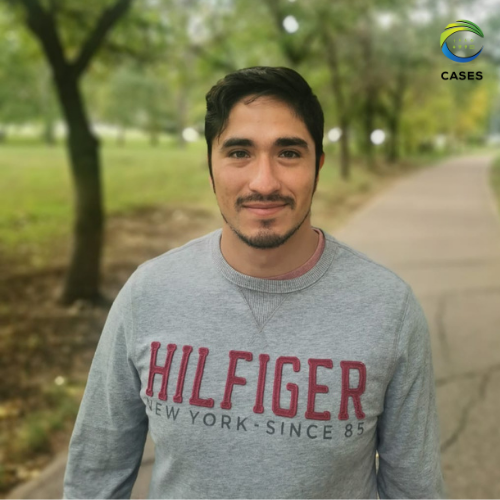
Daniel is currently a Ph.D. student in the Department of Agricultural and Resource Economics. He has a master’s degree in Agricultural and Environmental Economics at the Catholic University of Chile. His doctoral work is focusing on renewable energy development and energy security in rural and remote communities. He worked for seven years in the Ministry of Social Development of Chile, where he was involved in socioeconomic data analyses related to income, poverty, migration, rurality, and the impact on households of natural disasters. Among his research interests is understand the cost and benefits of the different types of renewable energy and their dependency on geography, and the consequences of the energy’s policies on rural development.
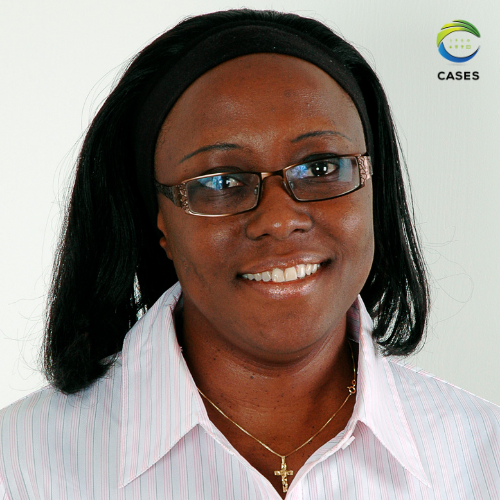
Minika recently defended her Master's degree in the Department of Geography and Planning at the University of Saskatchewan and is now pursuing her PhD. With a background in Business Information Technology, she has worked as a Project Manager and Business Developer on various marine/maritime projects and recently on projects related to the Blue Economy in Norway. Her research for the CASES project focused on decentralized energy systems. Minika plans to continue her education and pursue her PhD in energy systems.
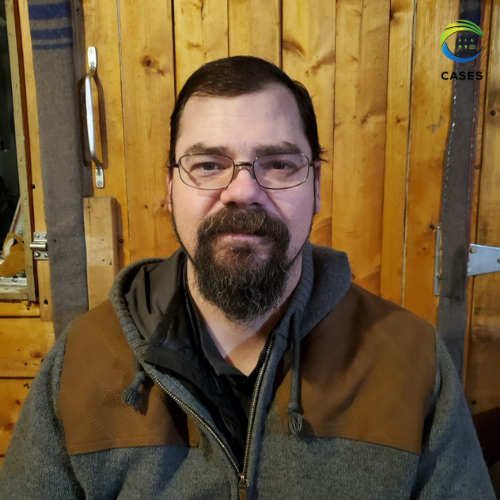
Tim is a student in the PhD Environment and Sustainability program at the University of Saskatchewan. Born and raised in Wyoming, U.S.A, Tim received an undergraduate degree in History; Secondary Education at the neighboring University of Northern Colorado and was commissioned as an officer in the U.S. Army. After military service, he and his wife settled in Galena, Alaska, a remote Native Athabascan village located on the banks of the Yukon River in the interior region of the state. While employed as a public educator at the local Galena high school, Tim obtained a Master of Natural Resources degree with an emphasis in Sustainable Development. He now has transitioned to a career in the sustainable energy field and manages a locally owned non-profit organization, Sustainable Energy for Galena, Alaska (SEGA). Tim’s research interests are in collaborative energy planning and sustainable development with the goal of bringing a wider range of benefits to his community and region.
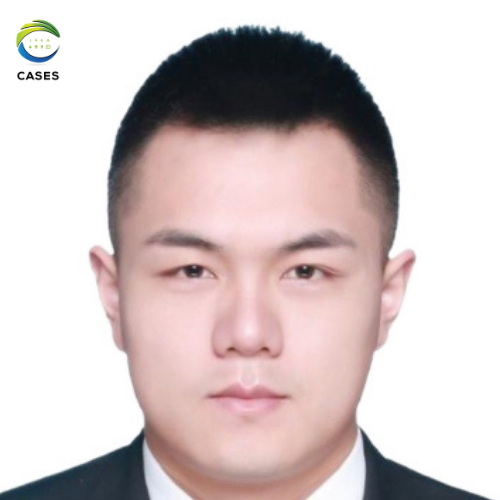
Bo is currently a Ph.D. student in the Department of Electrical and Computer Engineering at the University of Saskatchewan. He has a B.Sc. degree in electrical engineering from North China Electric Power University, and an M.Sc. degree also in electrical engineering from University of Saskatchewan. His research areas include smart grid technologies, microgrids, and applications of mathematical optimization and machine learning in power systems. His research for the CASES project is focusing on facilitating the adoption of smart grid technologies in northern communities.
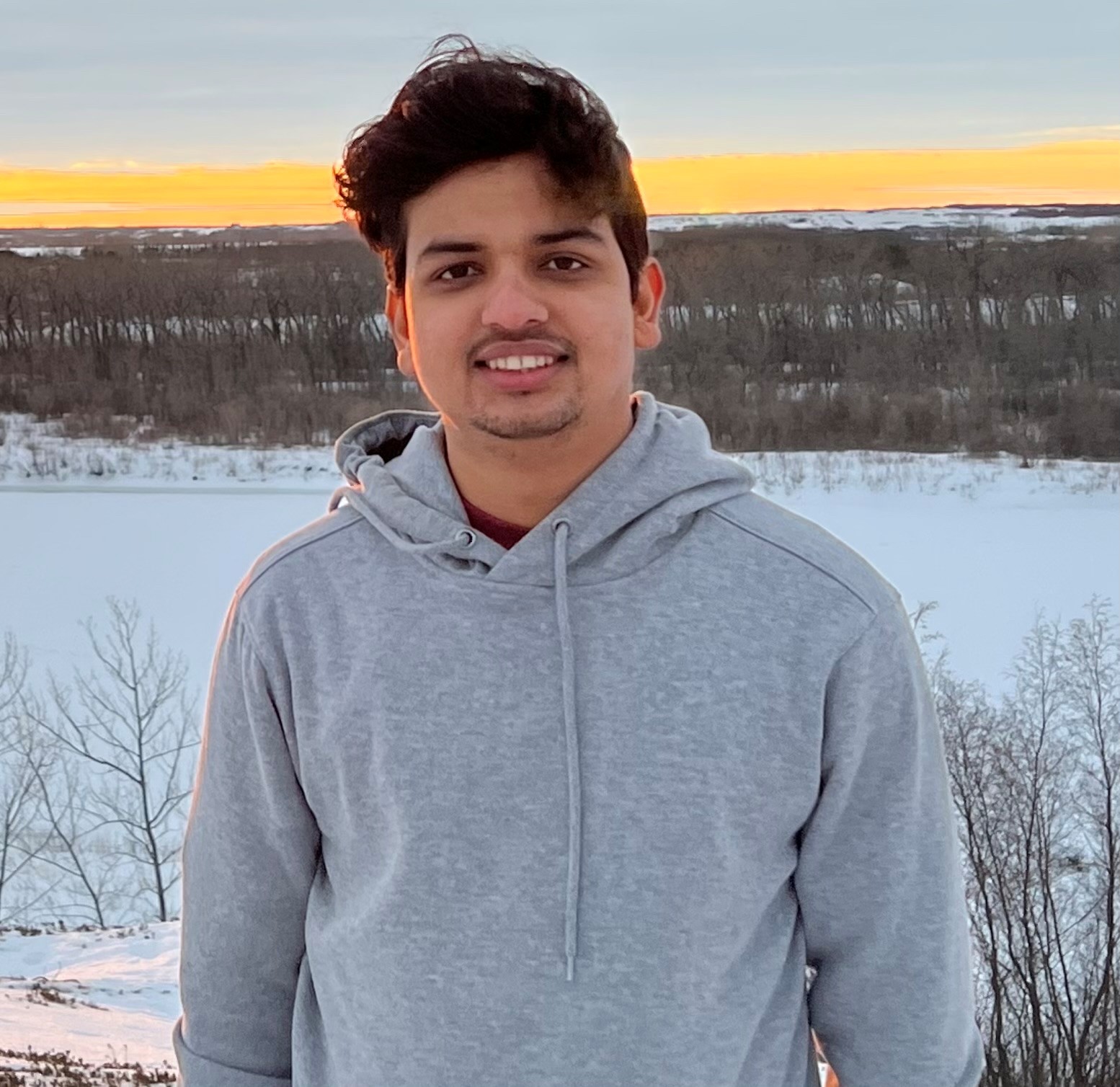
Avishek is currently a master’s student in the Department of Electrical and Computer Engineering at the University of Saskatchewan. He completed his Bachelor of Engineering in Electrical Engineering from Tribhuvan University, Nepal. He has experience working as a consultant for various solar photovoltaic projects. Avishek’s research interests include power systems reliability, resiliency, microgrid capability, and optimization in power systems. In the CASES project, his research focuses on distribution system resiliency against extreme weather events and microgrid capability in Northern Communities.
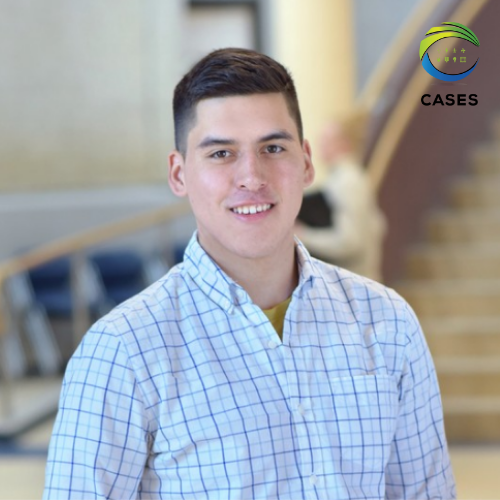
Originally from Inuvik, Northwest Territories, Dakota is a member of the Gwich’in First Nation and recent graduate of the Edwards School of Business. Dakota has been working in management and research focused on Indigenous peoples and climate action for several years including with the U of S, Asia Pacific Foundation, Youth Climate Lab, and volunteer roles. Research topics and management projects have included economic development, sustainable development, youth engagement, global strategy, climate policy, and technology policy. Dakota is an incoming Masters of Environment and Sustainability student, and the new Coordinator, Northern and Indigenous Sustainable Energy Initiatives with SENS.
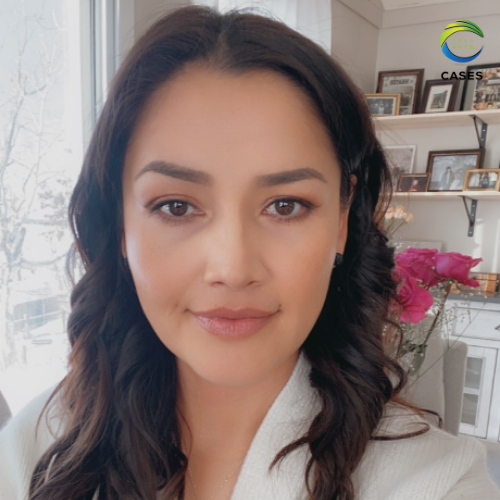
Tansi, my name is Melissa Beatty and I am from the Peter Ballantyne Cree Nation (PBCN), Deschambault Lake, which is in northern Saskatchewan. I completed my bachelor’s degree with a major in Indigenous Studies in 2006 from the University of Regina and obtained my Masters in Northern Governance and Development from the University of Saskatchewan in 2013. I have over twenty-one years of professional management experience in working for PBCN and I am currently working as the PBCN Band Manager/Administrator. I take great pride in providing the best service I can for my Nation and as a graduate student with CASES, I trust that my academic and personal goal of working hard for the betterment of PBCN will be fulfilled, tiniki.
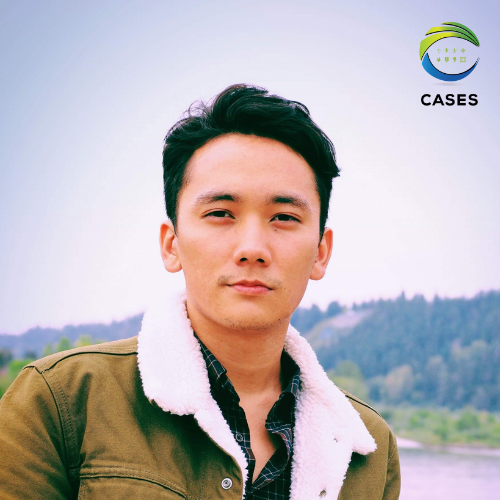
Diego holds a B.Sc. in Agribusiness from National Chung Hsing University in Taiwan, where he worked with organic farmers and led a project to promote agritourism in rice farms. Later, during his visit to Chulalongkorn University in Thailand, Diego worked on a project investigating the agricultural supply chain of organic farmers in a participatory quality assurance scheme. During his career in Taiwan, the renewable energy industry development became more relevant and made him interested in the economic benefit of these projects to small communities as well as the general population. In 2023, Diego joined the School of Environment and Sustainability at the University of Saskatchewan, researching the effectiveness of renewable energy projects at improving the well-being of off-grid, northern and Indigenous communities in Canada.